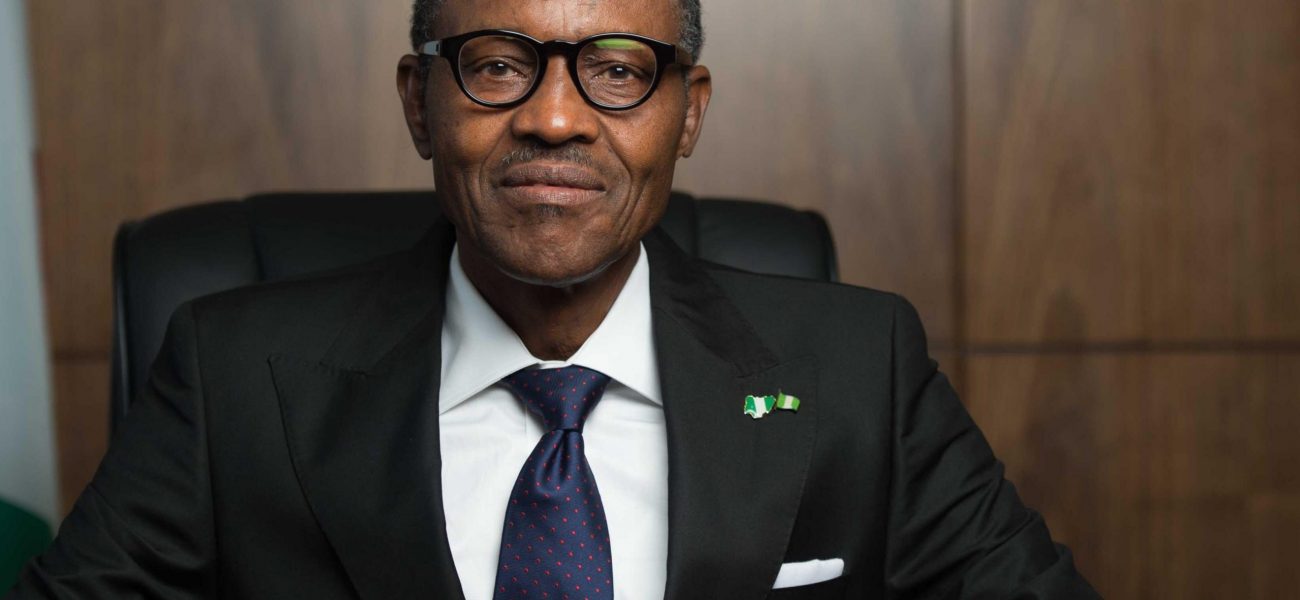The legal framework governing Nigeria’s 2019 elections will remain unchanged following President Muhammadu Buhari’s rejection of the 2018 Electoral Act Amendment Bill on 7th December, 2018. This makes it the fourth time that the President has declined assent on the Bill despite National Assembly’s efforts to incorporate his previous observations in its last transmittal.
Prior to the President’s last veto, the Bill had been rejected for drafting issues, its attempt to change the sequence of elections and its supposed conflict with certain provisions of the 1999 Constitution (as amended). However, Nigerians had been optimistic that the Bill would finally obtain assent in view of its objective to strengthen the electoral process and address issues that followed from the 2015 general elections.
The vetoed Bill had contained provisions addressing current gaps in the law such as that experienced in the aftermath of the 2015 Kogi State governorship elections where a candidate died after polls began but before the result was declared. The Bill had sought to address this in this instance by empowering the Commission to suspend elections for a maximum period of 21 days provided the deceased candidate was leading at the election. The Bill was also set to incorporate important technological innovations such as the use of the Smart Card Reader (SCR) in the body of the Electoral Act in light of a Supreme Court judgement prioritising the manual voters register over the Smart Card Reader in cases of conflict. Other novelties in the Bill included the proposal for a mandatory electronic voters register, the e-transmission of votes and the prohibition of arbitrary fees by the setting of maximum fees for all elective offices.
The President’s latest reason for decline of assent on grounds of closeness to the General elections date scheduled for 16th February and 2nd March 2019 kills expectations on his political will to improve the credibility of the upcoming elections despite committing to do so.
It will be recalled that the Attorney General of the Federation had inaugurated a Constitution and Electoral Reform Committee (CERC) in October 2016 to submit proposals to enhance Nigeria’s electoral process. Yet, despite the Committee’s submission of its report in May 2018 that included a draft Electoral Act Amendment Bill, the President continued to fault National Assembly’s proposed legislations without incorporating the recommendations of the CERC (through an Executive Bill), for presentation at the National Assembly.
While some persons have supported the President’s position on the Electoral Act Amendment Bill on the grounds that Article 2 of the ECOWAS Protocol on Democracy and Good Governance[1] discourages substantial modification to electoral laws in the last six (6) months before the elections, it is arguable that the Bill falls within the exception of the article which allows modification with the consent of a majority of political actors. This is more so as the National Assembly who passed the law is comprised of elected representatives of the people from different political parties. There were also indications of consultation with the election management body on the amendments before it was sent to the President for assent.
As it stands, the National Assembly still has an open window provided by section 58(5) of the 1999 Constitution (as amended) to reverse the President’s decision on the Electoral Act Amendment Bill. This would mean that both Houses of the National Assembly pass the Bill again by a two-thirds majority. However, with current campaigns for elections on-going and low attendance at plenary, it is doubtful if the National Assembly can muster the support Constitutionally required for its passage.
[1] Protocol A/SP1/12/01 on Democracy and Good Governance Supplementary to the Protocol relating to the Mechanism For Conflict Prevention, Management, Resolution, Peacekeeping and Security http://www.internationaldemocracywatch.org/attachments/350_ECOWAS%20Protocol%20on%20Democracy%20and%20Good%20Governance.pdf

